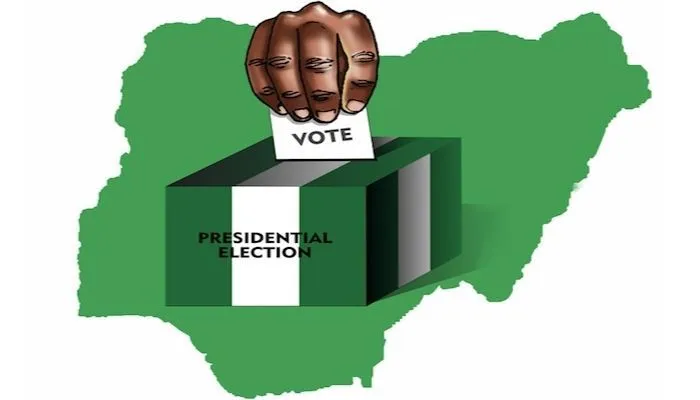
A PRESIDENTIAL CANDIDATE DOES NOT NEED TO POLL 25% OF THE VOTES CAST IN FCT BEFORE HE CAN BE DECLARED AS WINNER OF THE ELECTION
Adekunle Oladapo Otitoju
There has been much fuss and controversy over the interpretation to be accorded Section 134(2) of the Constitution of the Federal Republic of Nigeria, 1999 (as amended), particularly sub-paragraph (b) thereof. For the sake clarity, Section 134(2) provides that:
A candidate for an election to the office of the President shall be deemed to have been duly elected where, there being more than two candidates for the election
(a) he has the highest number of votes cast at the election; and
(b) he has not less than one-quarter of the votes cast at the election in each of at least two-thirds of all the States in the Federation and the Federal Capital Territory, Abuja.
Even though the Federal Capital Territory, Abuja (FCT) is not a State properly so called, the Constitution has clothed it with the toga of a State. In other words, the FCT is treated like a State, and all the powers of a governor in a State is vested in the minister of the FCT. While the Houses of Assembly of the 36 States of the Federation legislate for each State respectively, the National Assembly make laws for the FCT. Furthermore, while the States have their respective LGAs, the FCT has Area Councils. Accordingly, Section 299 of the Constitution expressly provides that the provisions of the Constitution shall apply to the Federal Capital Territory, Abuja as if it were one of the States of the Federation. Section 299 of the Constitution has received the judicial imprimatur of the full panel of the Supreme Court in FAWEHINMI & ORS v. BABANGIDA & ORS (2003) LPELR-1255 (SC).
Hence, each time the Draftsman intends to refer to the 36 States and FCT in the Constitution, it says “all the States in the Federation and the Federal Capital Territory, Abuja (FCT)”, bearing in mind that the FCT has also been clothed with the toga of a State.
Having made the above clarification, the “and” as used by the Draftsman between “all the States of the Federation” and “the Federal Capital Territory, Abuja” in sub-paragraph (b) of Section 134(2) of the Constitution cannot be interpreted to mean that what applies to other States is inapplicable to FCT. Rather, it means that the FCT is on the same pedestal as the States of the Federation, even though it’s not a State properly so called. So, the intention of the Draftsman as regards Section 134(2)(b) of the Constitution is that, the candidate, in addition to having the highest number of votes cast at the election, must also poll not less than one quarter (25%) of the votes cast at the election in each of at least two-thirds of all the States in the Federation (36 States) and the FCT (a State kind of), thereby making it 25% of votes cast in at least 2/3 of 37 States. 2/3 of 37 is 24.6. On the authority of the reasoning of the erudite jurist, Otutu Andrews Obaseki, JSC (of blessed memory), in the landmark decision of the full panel of the Supreme Court in AWOLOWO v. SHAGARI & ORS (1979) LPELR-653(SC), there’s nothing like 24.6 States, for a State is a geographical setting incapable of being divided. Borrowing a leaf from the revered jurist, the construction that two-thirds of 37 States in the Federation (FCT inclusive) is 24.6 States may be correct in the abstract but in relation to the Constitution, it is unreal. Where there are two possible meanings conveyed by the words of a statute or the Constitution, it is the most reasonable one that should be adopted. Where the other meaning leads to absurdity or evinces internal contradiction, that meaning should be dropped for the first as the legislature never intends to be absurd or contradictory. The word ‘each’ in the sub-section (2)(b) of Section 134 qualifies a whole State and not a fraction of a State and to interpret it otherwise is to overlook the disharmony between the word “each” and the fraction “two thirds”. Two-thirds of thirty-seven (37), to avoid any disharmony, gives 25.
So, once a candidate severally polls at least 25% of votes cast in at least 25 states, whether inclusive of FCT or not, he’s won the election so long he also has the majority of the votes cast all over the Federation.
![]()
